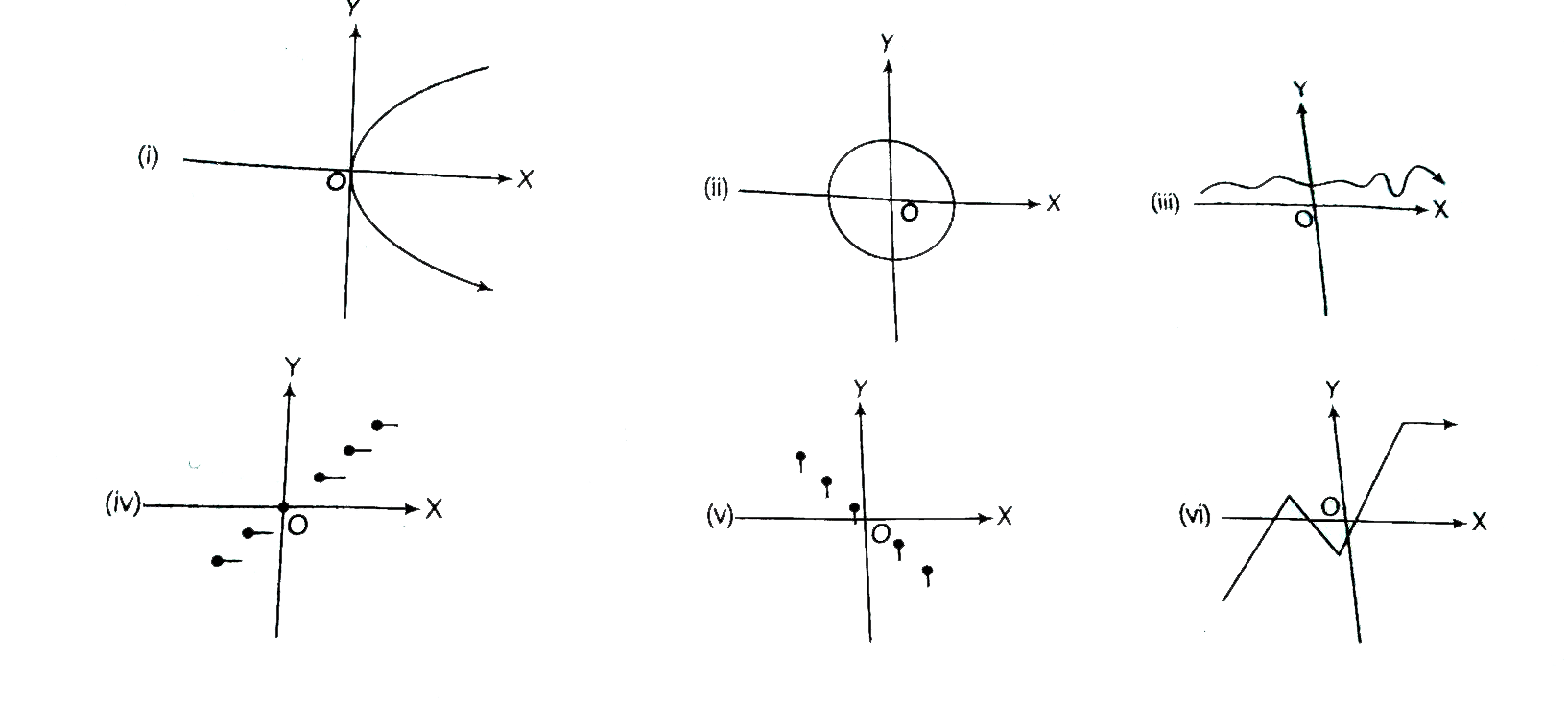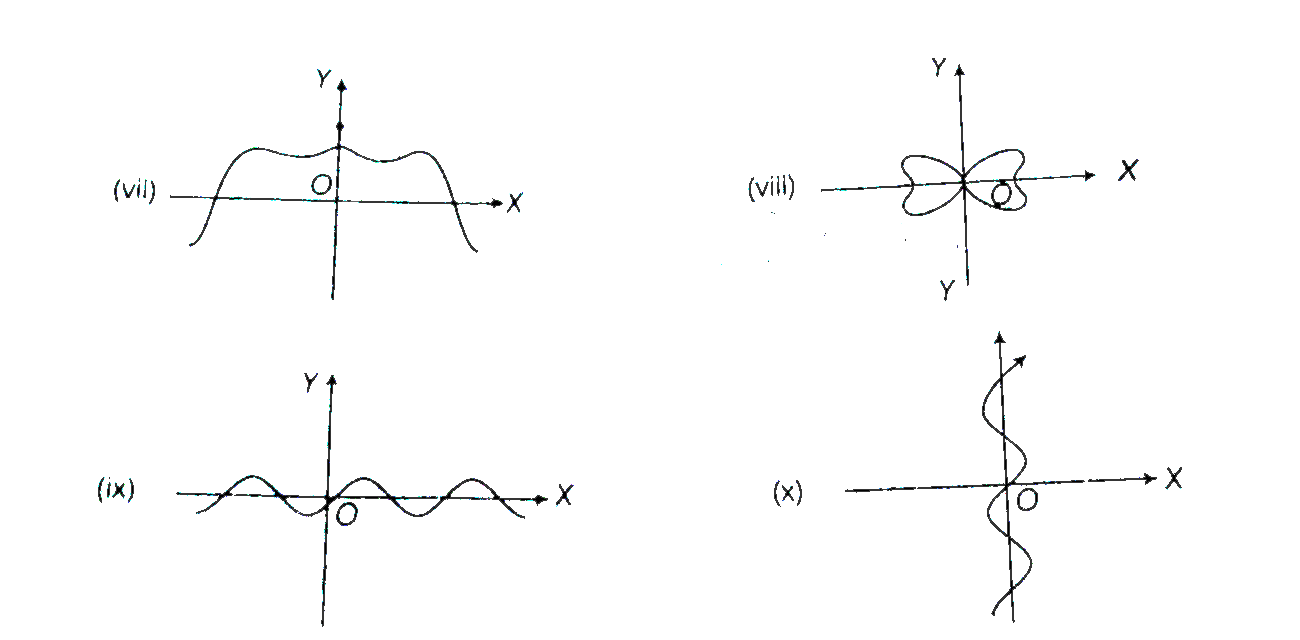If the integers a,b,c,d are in arithmetic progression and a<b<c<d and d=a2+b2+c2, the value of (a+10b+100c+1000d) isSolution in Punjabi
2008
2010
2099
2016
The correct Answer is:C
Step by step video & image solution for If the integers a,b,c,d are in arithmetic progression and a lt b lt c lt d and d=a^(2)+b^(2)+c^(2), the value of (a+10b+100c+1000d) is by Maths experts to help you in doubts & scoring excellent marks in Class 12 exams.
Updated on:21/07/2023Topper's Solved these Questions
- FUNCTIONSBOOK - ARIHANT MATHSCHAPTER - FUNCTIONSEXERCISE - Exercise For Session 1
5 Videos
- FUNCTIONSBOOK - ARIHANT MATHSCHAPTER - FUNCTIONSEXERCISE - Exercise For Session 2
6 Videos
- ESSENTIAL MATHEMATICAL TOOLS BOOK - ARIHANT MATHSCHAPTER - ESSENTIAL MATHEMATICAL TOOLS EXERCISE - Exercise (Single Integer Answer Type Questions)
3 Videos
- GRAPHICAL TRANSFORMATIONSBOOK - ARIHANT MATHSCHAPTER - GRAPHICAL TRANSFORMATIONSEXERCISE - Exercise (Questions Asked In Previous 13 Years Exam)
10 Videos
Similar Questions
Which of the following graphs are graphs of a function?


View SolutionThe domain of the function
f(x)=√x2−5x+6+√2x+8−x2 , is
View SolutionThe number of solutions of the equation |x−1|−|2x−5|=2x
View SolutionFind the number of solutions of the equation x21−|x−2|=1, graphically.
View SolutionIf a, b, c and d are positive integers and a lt b lt c lt d such that a,b,c are in A.P. and b,c,d are in G.P. and d-a=30 . Then d-c is k then find the sum of the digits in k
View SolutionWrite increasing order of basic strength of following: (i). (a) F^(ɵ) , (b). Cl^(ɵ) , (c). Br^(ɵ) , (d). I^(ɵ) (A). a gt b gt c gt d (B). d lt a lt c lt b (C). d gt a gt b gt c (D). a gt d gt c gt b (ii). (a). CH_(3)^(ɵ) , (b). Cl^(ɵ) , (c) OH^(ɵ) , (d). F^(ɵ) (A). a gt b gt c gt d (B). d lt a lt c lt b (C). d gt a gt b gt c (D). a gt d gt c gt b (iii). (a). R-NH_(2) , (b). Ph-NH_(2) , (c). R-underset(O)underset(||)(C)-NH_(2) (A). a gt b gt c (B). a lt c lt b (C). a lt b lt c (D). a gt c gt b (iv). (a). NH_(3) , (b). MeNH_(2) , (c). Me_(2)NH , (d). Me_(2)N (A). a lt b lt c lt d (B). d lt a lt c lt b (C). d gt a gt b gt c (D). a gt d gt c gt b
View SolutionLet a,b,c,d,e, be real numbers such that a+b<c+d,b+c<d+e,c+d<e+a,d+e<a+b. Then
View SolutionIf c<a<b<d, then roots of the equation bx2+(1−b(c+d)x+bcd−a=0
View SolutionIf the integers a,b,c,d are in arithmetic progression and a<b<c<d and d=a2+b2+c2, the value of (a+10b+100c+1000d) is
View SolutionFor a real number a with 0<a<12, if b=1−a+a2−a3+…,c=1−b+b2−b3+… and d=1+c+c2+…, find the value of (d-a)
View SolutionLet a, b, c and d are in a geometric progression such that a<b<c<d,a+d=112 amd b+c=48. If the geometric progression is continued with a as the first term, then the sum of the first six terms is
View SolutionIf c<a<b<d, then roots of the equation bx2+(1−b(c+d)x+bcd−a=0
View SolutionQ. If a,b,c and d are distinct positive no. in AP. then
(A) ad<bc (B) a+c<b+d (c) a+d=2(b+c) (D) a+d=3(b+c)
View Solutionयदि a<b<c<d, तब समीकरण
(x−a)(x−c)+2(x−b)(x−d)=0 के मूल होंगे
View SolutionIf the integers a,b,c,d are in arithmetic progression and a<b<c<d and d=a2+b2+c2, the value of (a+10b+100c+1000d) is
View SolutionLet a, b, c and d are in a geometric progression such that a<b<c<d,a+d=112 amd b+c=48. If the geometric progression is continued with a as the first term, then the sum of the first six terms is
View Solution
